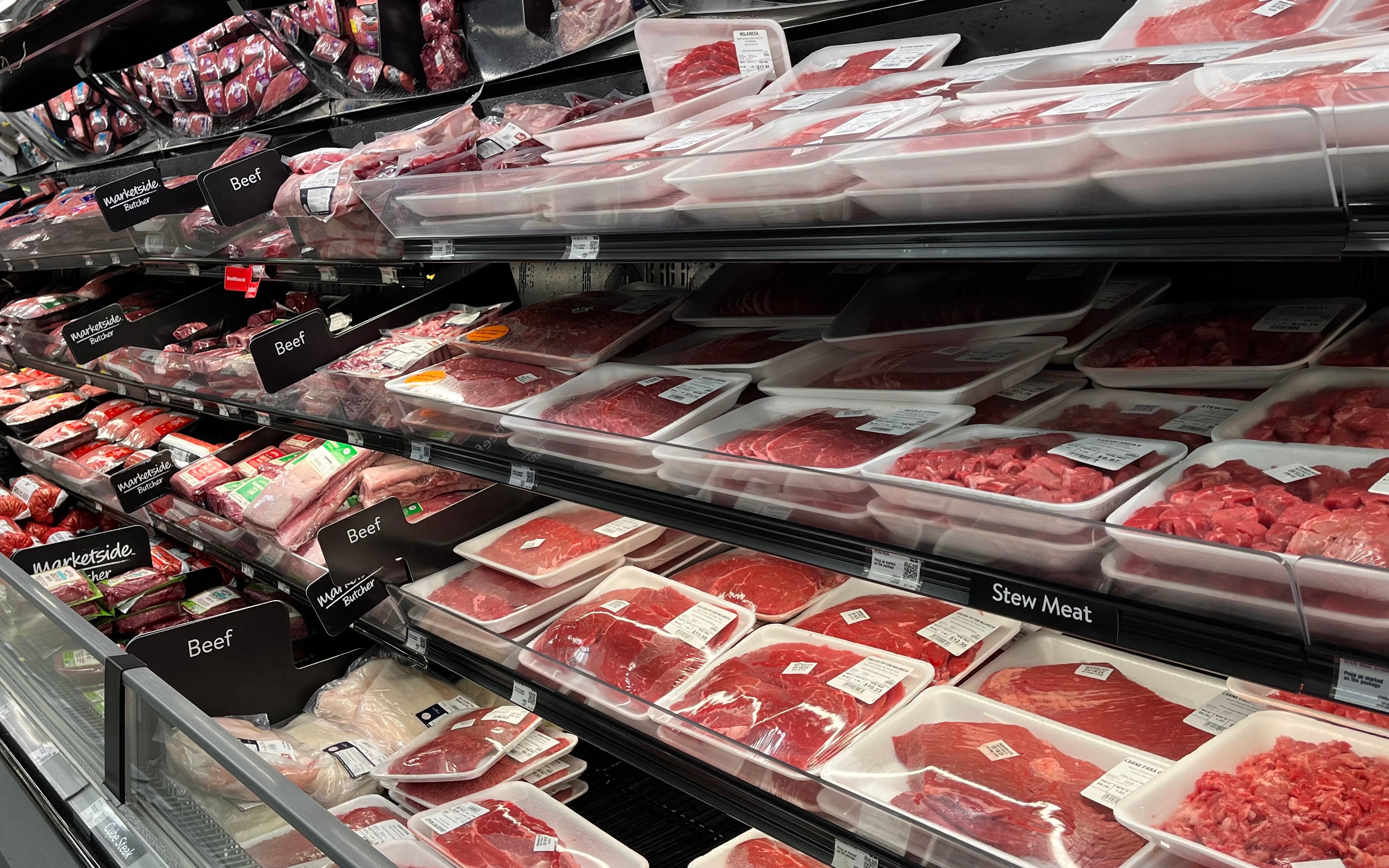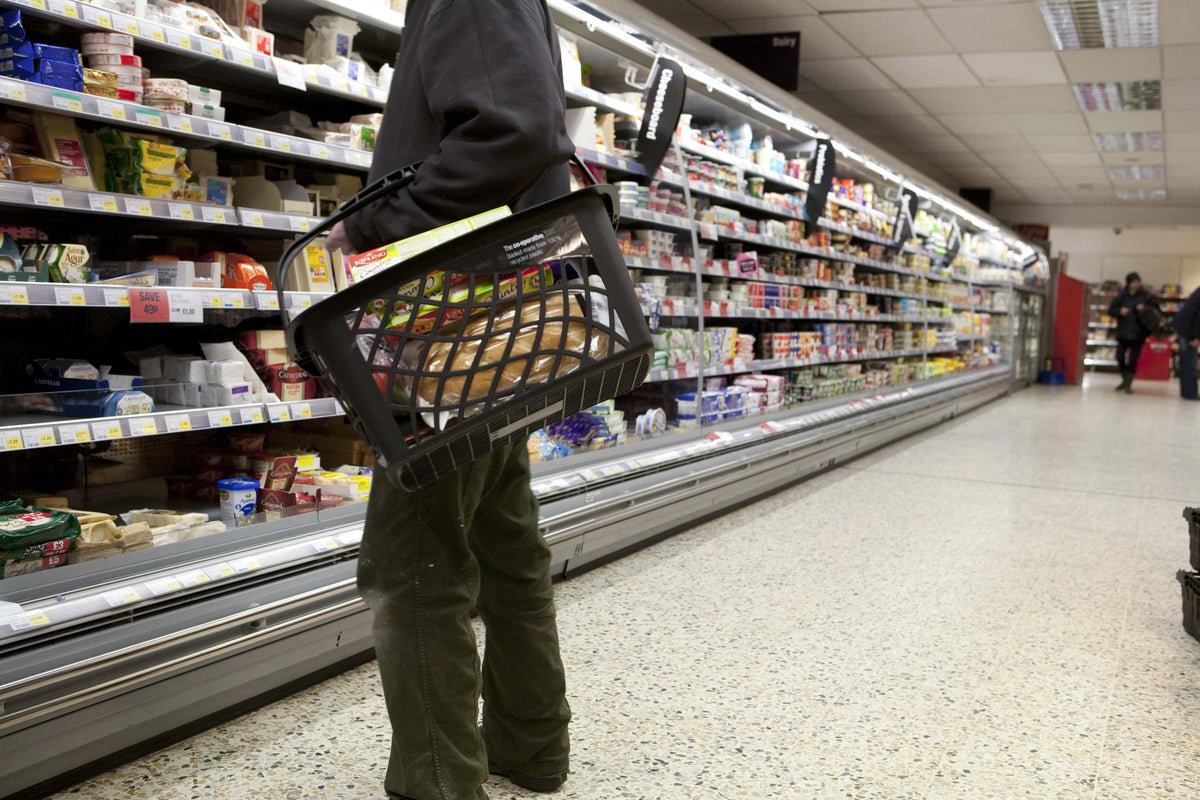The vast majority of the new ‘packaging tax’ is likely to be passed on consumers, industry leaders have warned.
The new tax – or the extended producer responsibility (EPR) scheme, for which firms must submit their latest data on the packaging they have used by October 1 – is likely to place a “significant financial burden” on UK retailers and households, a survey of leading retailers for the British Retail Consortium (BRC) suggests.
More than 80 per cent of the cost of the new tax is likely to be passed on consumers, it has been predicted.
The BRC said the industry had been left little room to absorb any extra costs following last year’s budget, when retailers were hit with £5 billion in extra employment costs due to higher employer national insurance contributions and the rising national living wage.
It said the EPR, set to cost industry billions, would be “yet another inflationary pressure” when food prices were already rising fast, with the Bank of England estimating that the policy alone will add 0.5 per cent to food inflation.
In addition to the financial impact, some 85 per cent of retailers said the administrative and compliance burden they faced had increased significantly as a result of EPR.
Firms are required to report extensive information on the composition and amounts of packaging they are putting on the market.
The tax is levied on any company which produces packaging bought and disposed of by households, and includes retailers and brands.

The fees are based on the materials and amounts used.
The survey found that 85 per cent of retailers intend to increase the proportion of sustainable packaging placed on the market, and 78 per cent intend to reduce the total volume of packaging they place on the market.
Get a free fractional share worth up to £100.
Capital at risk.
Terms and conditions apply.
ADVERTISEMENT
Get a free fractional share worth up to £100.
Capital at risk.
Terms and conditions apply.
ADVERTISEMENT
However, the BRC urged the government to provide greater clarity on how consumers and the environment will benefit considering prices will increase.
It is also calling on the government to put in place legal ring-fencing to ensure the money raised from EPR can only be used by local councils to collect and operate local recycling, as well as fund improvements to local recycling systems.
Andrew Opie, director of food and sustainability at the BRC, said: “Retailers support the polluter pays principle and are making significant changes to reduce and improve their packaging.
“But the packaging tax is also a multi-billion pound levy being paid by consumers during a cost-of-living crisis. They will ask: what are we getting for higher prices?
“Unless funds are spent transparently and effectively, EPR threatens to just be another burden on an already overtaxed industry with no tangible benefits for customers or the environment.”

Encirc, one of the UK’s largest glass bottle manufacturers, which is also pioneering low-carbon production with investment in hydrogen power and biofuels, described the tax as an “own goal” that would hit glass bottles of wine and spirits the hardest due to its basis in weight.
Under the policy, a standard bottle of wine will cost an additional 9p, while the cost of a 330ml beer bottle will rise by about 4p and spirit bottles will cost an extra 11p under the levy.
Encirc, too, warned that these price increases could be passed onto consumers.
Sean Murphy, managing director at Encirc, said: “The new glass bottle tax is an economic and environmental own goal, hitting UK firms producing packaging that is far better for the environment than plastic.
“This tax will hit everyone – in the supermarkets, pubs, and glass factories that create thousands of jobs. It is a bitter blow for businesses such as ours which are investing heavily in green technology.
“The government must hit the pause button on this.”
Local government Association (LGA) environment spokeswoman Arooj Shah said: “Councils have worked hard to provide recycling services that residents are satisfied with, and it is long overdue that producers of packaging pay for the disposal of the waste the create. Industry has a choice about whether to reduce packaging, absorb the cost or pass it on to consumers.
“Councils support the polluter-pays principle. EPR should be the spur for industry to cut unnecessary packaging, design packaging for reuse and recycling, and phase out hard-to-recycle materials so costs for consumers come down.
“We reject the call to ring-fencing that says funds can only go on collections. That is, in practice, a call for industry control of council waste services. Every place is different, and democratically elected councils must be free to invest where it helps residents most.”

